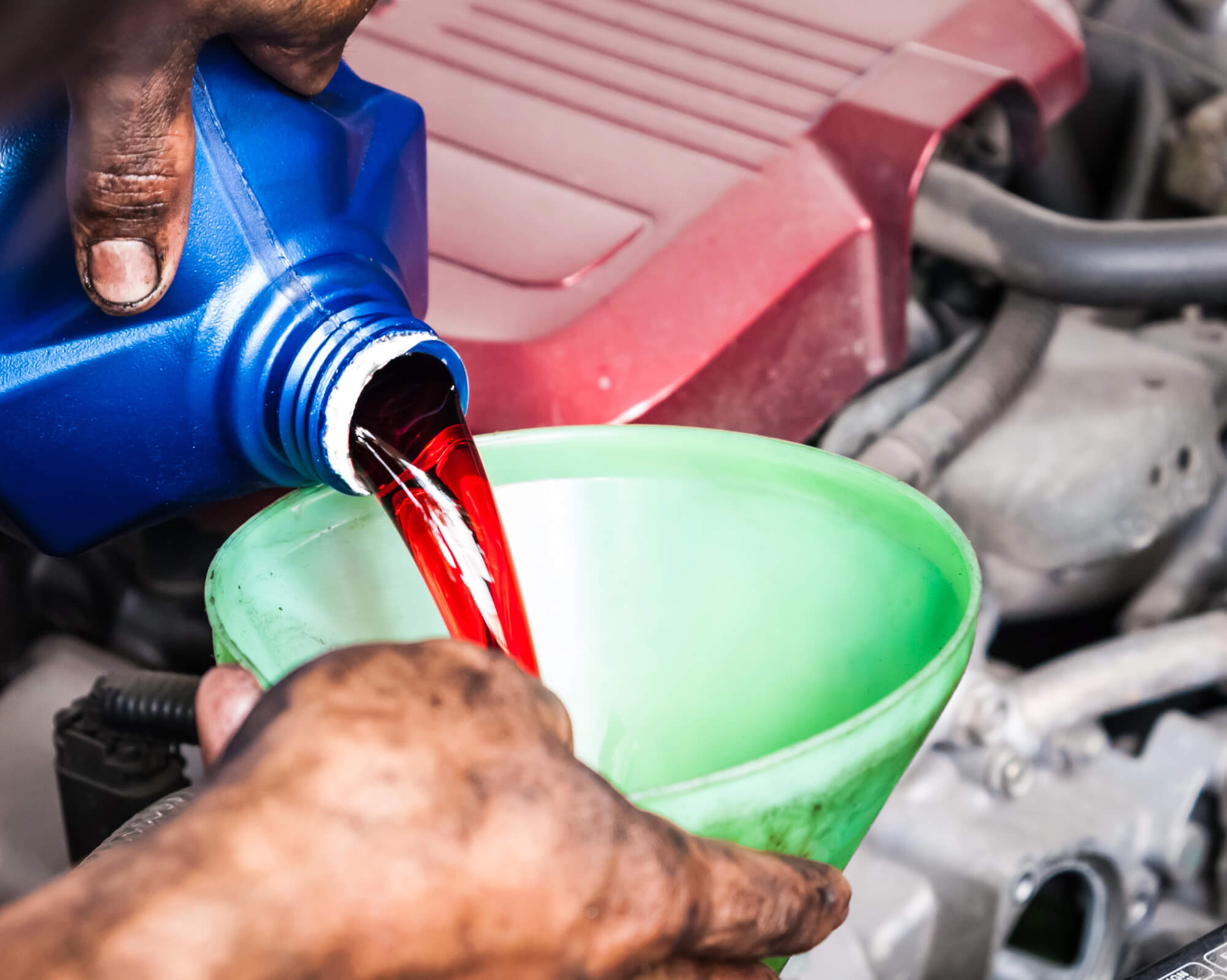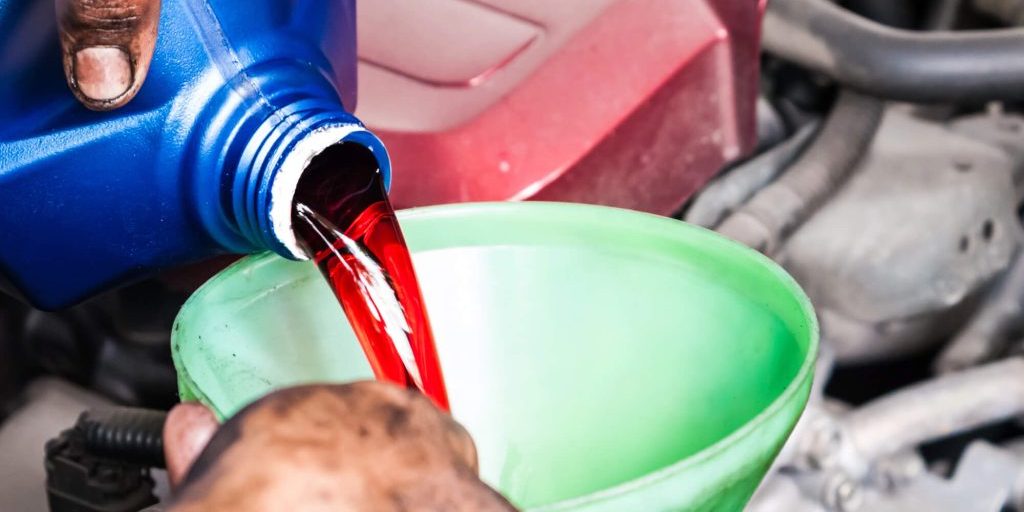Essential Guide to Transmission Fluid Maintenance
May 26, 2025

Maintaining your vehicle’s transmission fluid is crucial for ensuring smooth gear shifts, optimal performance, and prolonging the life of your transmission. Whether you’re driving through the streets of Perth or embarking on long journeys across Western Australia, understanding the importance of transmission fluid maintenance can save you from costly repairs.
Understanding Transmission Fluid and Its Role in Vehicle Performance
Transmission fluid serves multiple purposes: lubricating moving parts, cooling the transmission, and facilitating gear shifts. Over time, however, this fluid can degrade, leading to increased friction and heat, which may damage transmission components.
Types of Transmission Fluid in Automatic and Manual Transmissions
- Automatic Transmission Fluid (ATF): Used in vehicles with automatic transmissions, ATF is typically red or pinkish-red when new. It acts as both a lubricant and coolant.
- Manual Transmission Fluid: Often referred to as gear oil, this fluid is thicker than ATF and is designed to withstand higher temperatures and pressures.
Common Transmission Fluids
Various transmission fluids are available to suit different vehicle requirements. Selecting the appropriate fluid type is essential to ensuring optimal performance and longevity of your vehicle’s transmission system.
Automatic Transmission Fluids (ATF)
- Dexron/Mercon Series: These fluids are widely used in many vehicles and meet specific manufacturer specifications. For instance, Dexron VI is suitable for most post-2006 GM vehicles, while Mercon V is commonly used in many Ford models.
- Multi-Vehicle ATFs: These are formulated to be compatible with a broad range of automatic transmissions. Brands like Castrol, Penrite, and Nulon offer multi-vehicle ATFs suitable for various makes and models.
- Type F ATF: Designed for older Ford vehicles and certain imports requiring a non-friction modified fluid. It’s crucial to use this fluid only if specified by the manufacturer.
- CVT Fluid: Continuously Variable Transmissions require specific CVT fluids to function correctly. Using the correct CVT fluid ensures smooth operation and longevity of the transmission.
- DCT Fluid: Dual Clutch Transmissions have unique lubrication needs. DCT fluids are formulated to meet these requirements, ensuring efficient performance.
Manual Transmission Fluids (MTF)
- Gear Oils (GL-4/GL-5): Manual transmissions often use gear oils with specific API ratings. GL-4 oils are typically used in synchronised manual transmissions, while GL-5 oils are suited for differentials and non-synchronised gearboxes.
- Synthetic MTFs: Synthetic manual transmission fluids offer enhanced performance, especially in extreme temperatures. Brands like Penrite and Castrol provide synthetic MTFs suitable for various manual transmissions.
Important Considerations
- Manufacturer Specifications: Refer to your vehicle’s owner’s manual to determine the correct transmission fluid type. Using the wrong fluid can damage the transmission and void warranties.
- Professional Advice: If unsure about your vehicle’s appropriate transmission fluid, consult a qualified mechanic or transmission specialist.
By selecting the correct transmission fluid and adhering to recommended maintenance schedules, you can ensure the longevity and optimal performance of your vehicle’s transmission system.
Is There a Debate Around When to Change Transmission Fluid?
Yes, there is much differing advice on how often transmission fluid should be changed, especially with newer automatic transmissions.
Manufacturer Claims vs. Real-World Recommendations
Many manufacturers promote “lifetime” or sealed-for-life automatic transmissions, suggesting the fluid never needs changing under normal conditions. In reality, “lifetime” usually refers to the vehicle’s warranty period, not the actual working life of the transmission. These transmissions still suffer from fluid degradation, particularly under Australian conditions such as heat, towing, or stop-start city traffic. Newer models often feature sealed transmission systems that do not have a dipstick for checking fluid levels and are designed to be maintenance-free. Still, it is advisable to consult a technician if any issues arise.
What Experts Recommend
Transmission specialists and independent mechanics typically recommend:
- Every 60,000 to 100,000 km for automatic transmissions
- Every 50,000 to 90,000 km for manual transmissions
If your vehicle is used in harsh conditions, towing, heavy loads, or frequent short trips, changing the fluid frequently is wise. Fresh fluid maintains cooling, reduces wear, and improves performance.
Always refer to your vehicle’s service manual, but remember that preventative maintenance can significantly reduce the risk of costly transmission repairs.
How Often Should You Schedule a Transmission Fluid Change?
The frequency of transmission fluid changes depends on several factors, including the type of transmission, driving conditions, and manufacturer recommendations.
Signs You Need a Professional Transmission Fluid Service
- Dark or Dirty Fluid: Healthy transmission fluid is typically bright red or pink. If the fluid appears dark brown or black, it’s time for a change.
- Burnt Smell: A burnt odour indicates that the fluid has degraded and is no longer providing adequate protection.
- Slipping Gears or Delayed Shifting: These symptoms can result from old or insufficient transmission fluid.
- Unusual Noises: Grinding or whining noises may indicate that the transmission fluid is low or contaminated.
- Visible Leaks Under the Vehicle: Leaking transmission fluid, usually red or brown in colour, can be a sign of failing seals or gaskets that need prompt attention.
Why You Should Trust Experts with Transmission Fluid Maintenance
Changing transmission fluid is not a simple task. It involves precise fluid measurements, safety considerations, and access to hard-to-reach components. Mistakes can lead to serious transmission damage or drivability issues.
At Automatic Transmissions R Us, our experienced technicians use high-quality fluids that meet or exceed manufacturer specifications. We thoroughly inspect your transmission system, including the fluid, filter, seals, and pan, and flag any concerns before they turn into expensive repairs.
Transmission Fluid Checks and Service Scheduling
Even if you’re not experiencing problems, following your manufacturer’s recommended service schedule is important. Most modern vehicles include sealed transmissions that require specialised tools to check fluid levels. This is not something you can easily do yourself.
We recommend having your transmission inspected during your regular vehicle service or whenever you notice:
- Difficulty changing gears
- Unusual vibrations
- Hesitation while accelerating
Book Your Next Transmission Fluid Service in Perth
Keeping up with transmission fluid maintenance protects your car from premature wear, improves fuel efficiency, and keeps it performing at its best.
Need Assistance? If you’re in Perth or the surrounding areas and require professional transmission services, don’t hesitate to contact Automatic Transmissions R Us or reach out through our contact page. Our experienced team is here to help keep your vehicle running smoothly.
Avoid chaos, stress and risk. Leave your transmission fluid change to the professionals.
Read on...



